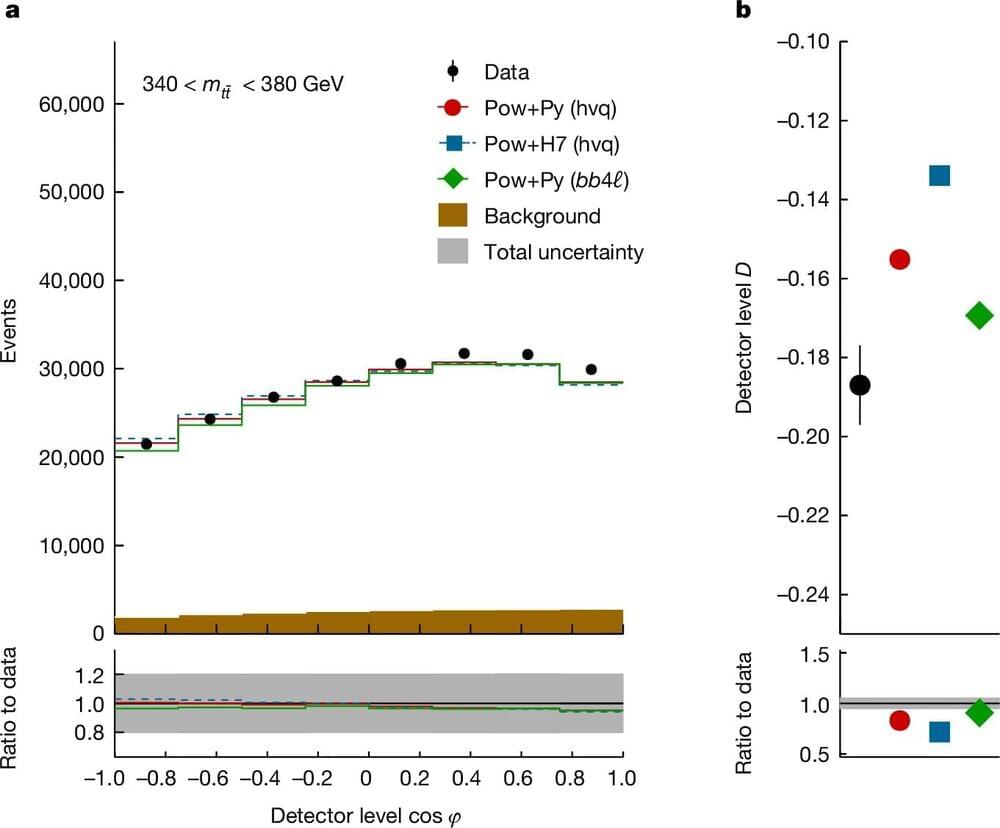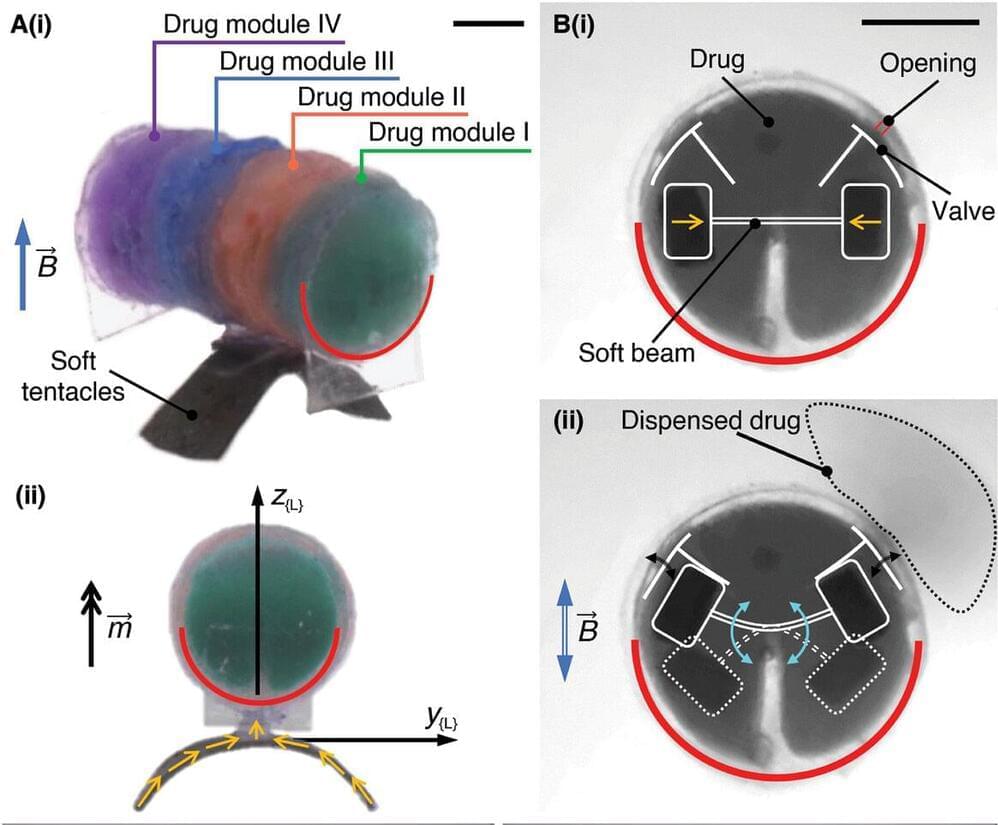A new technique may make it easier for researchers to create real-time images of microscopic samples by considering the waves that propagate through sample surfaces as light interacts with them.



Quantum entanglement is a fascinating feature of quantum physics—the theory of the very small. If two particles are quantum-entangled, the state of one particle is tied to that of the other, no matter how far apart the particles are. This mind-bending phenomenon, which has no analog in classical physics, has been observed in a wide variety of systems and has found several important applications, such as quantum cryptography and quantum computing.

Certain materials involving copper and oxygen display superconductivity (where electricity flows without resistance) at relatively high — but still frigid — temperatures below minus 140 degrees Celsius. At higher temperatures, these materials fall into what’s called the pseudogap state, where they sometimes act like a normal metal and sometimes act more like semiconductors. Scientists have found that the pseudogap shows up in all so-called high-temperature superconducting materials. But they didn’t understand why or how it shows up, or if it sticks around as the temperature drops to absolute zero (minus 273.15 degrees Celsius), the unreachable lower limit of temperature at which molecular motion stops.
By better understanding how the pseudogap appears and how it relates to the theoretical properties of the superconductive materials at absolute zero, scientists are getting a clearer picture of those materials, says study co-author Antoine Georges, director of the Flatiron Institute’s Center for Computational Quantum Physics.
“It’s like you have a landscape and a lot of fog, and previously you could just see a few valleys and a few peaks,” he says. “Now the fog is dissipating, and we can see more of the full landscape. It’s really quite an exciting time.”


Scientists have long known that electrons are indivisible fundamental particles. Yet surprising new research shows that a weird feature of quantum mechanics can be used to produce objects that behave like half of an electron. These ‘split-electrons’ might hold the key to unlocking the power of quantum computation.
Recently published in Physical Review Letters (“Many-Body Quantum Interference Route to the Two-Channel Kondo Effect: Inverse Design for Molecular Junctions and Quantum Dot Devices”), the discovery was made by Professor Andrew Mitchell at University College Dublin (UCD) School of Physics, and Dr Sudeshna Sen at the Indian Institute of Technology in Dhanbad, who are theoretical physicists studying the quantum properties of nanoscale electronic circuits.
“The miniaturization of electronics has reached the point now where circuit components are just nanometers across. At that scale, the rules of the game are set by quantum mechanics, and you have to give up your intuition about the way things work,” said Dr Sen. “A current flowing through a wire is actually made up of lots of electrons, and as you make the wire smaller and smaller, you can watch the electrons go through one-by-one. We can now even make transistors which work with just a single electron.”

Researchers at the University of Cambridge have developed simulations based on quantum entanglement that mimic the effects of hypothetical backward time travel, allowing experimentalists to retroactively adjust past actions. By manipulating entangled particles, they aim to solve complex problems in quantum metrology, such as improving experiment outcomes even when optimal conditions are only known after the fact. Although this approach doesn’t allow actual time travel, it uses the principles of quantum mechanics to refine scientific experiments and achieve better results in a controlled and probabilistic manner.
YouTube Membership: / @eventhorizonshow.
Podcast: https://anchor.fm/john-michael-godier…
Apple: https://apple.co/3CS7rjT
More JMG
/ johnmichaelgodier.
Want to support the channel?
Patreon: / eventhorizonshow.
Follow us at other places!
@JMGEventHorizon.
Music:


Optical illusions, quantum mechanics and neural networks might seem to be quite unrelated topics at first glance. However, in new research published in APL Machine Learning, I have used a phenomenon called “quantum tunneling” to design a neural network that can “see” optical illusions in much the same way humans do.
My neural network did well at simulating human perception of the famous Necker cube and Rubin’s vase illusions—and in fact better than some much larger conventional neural networks used in computer vision.
This work may also shed light on the question of whether artificial intelligence (AI) systems can ever truly achieve something like human cognition.